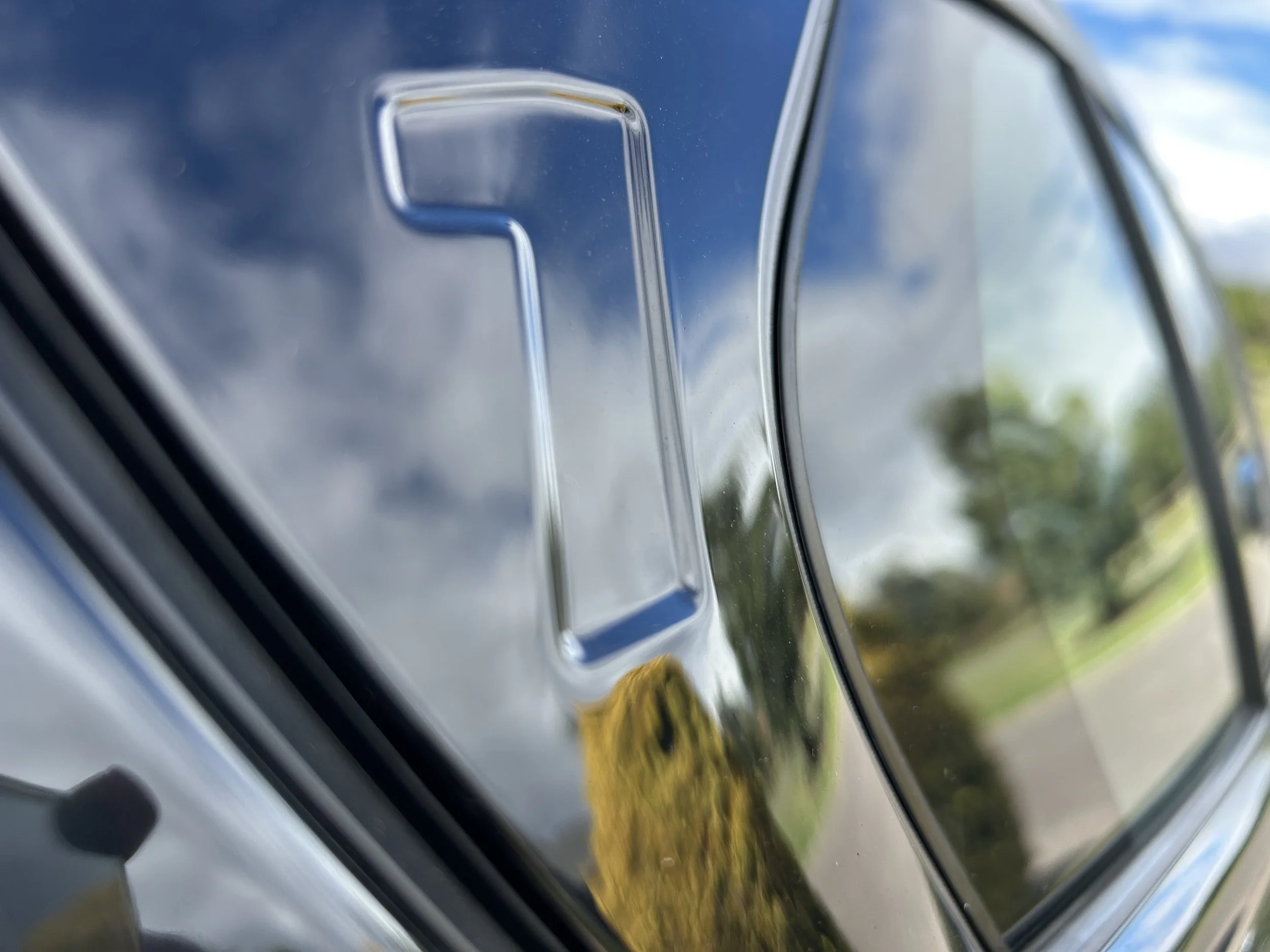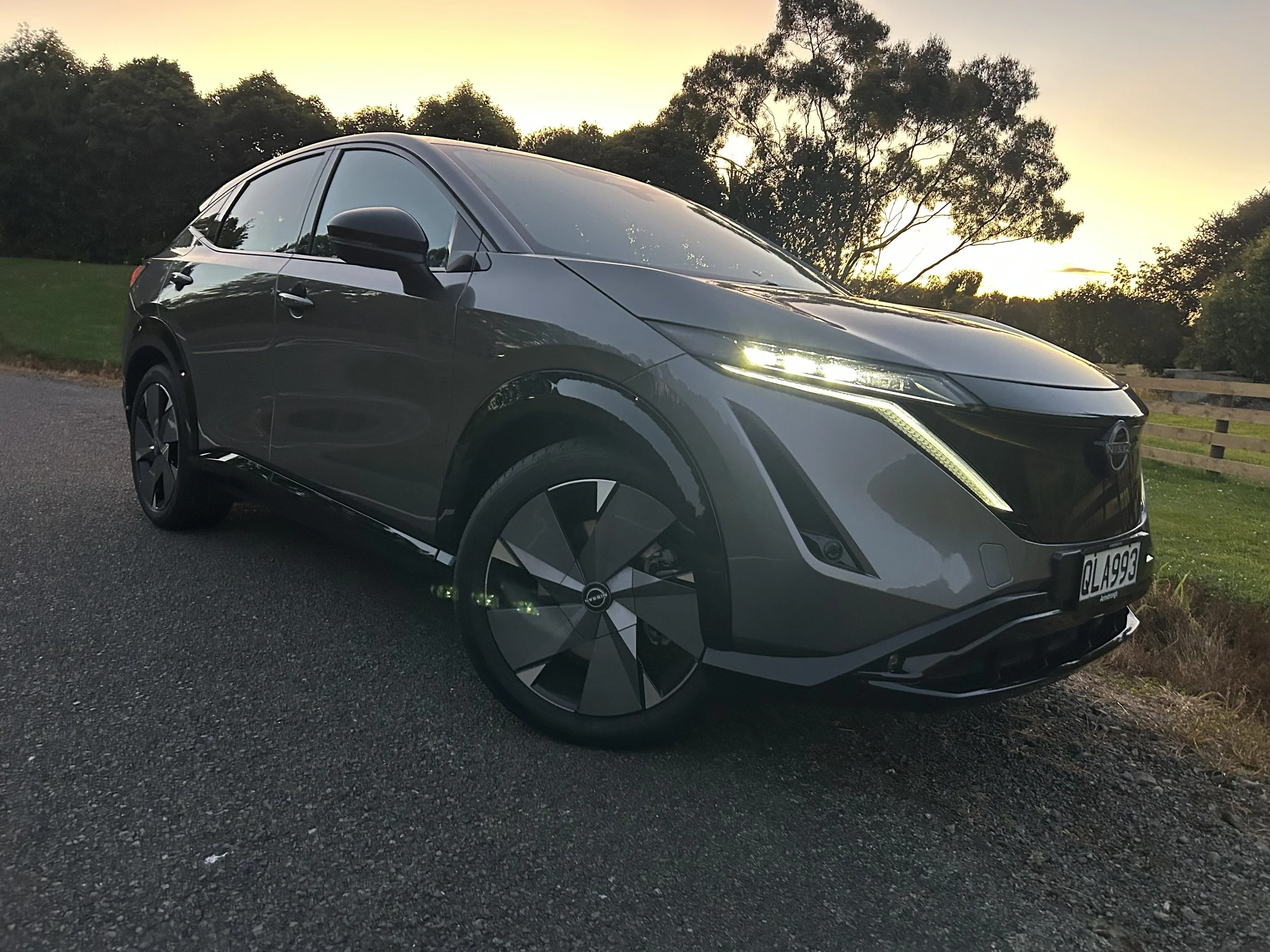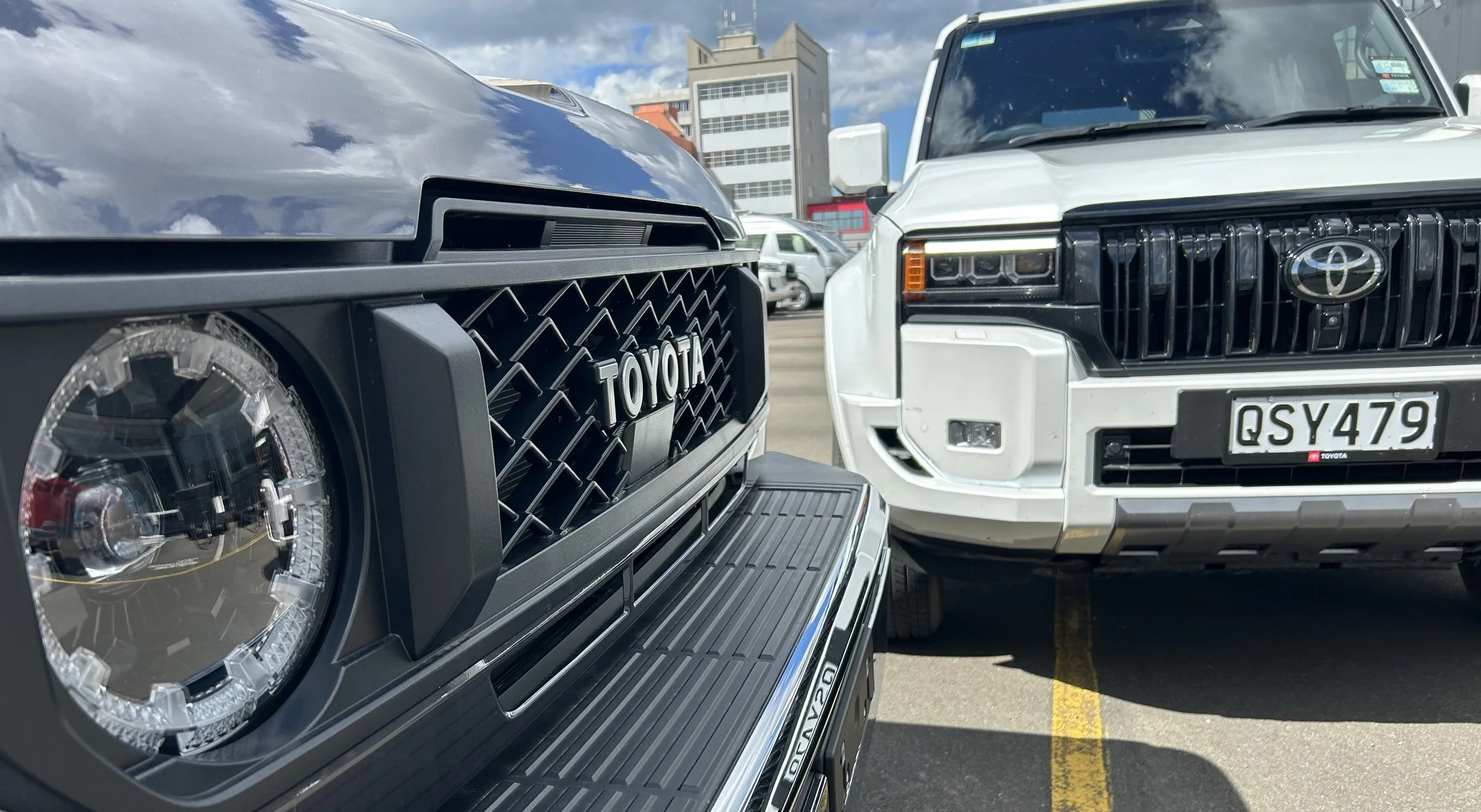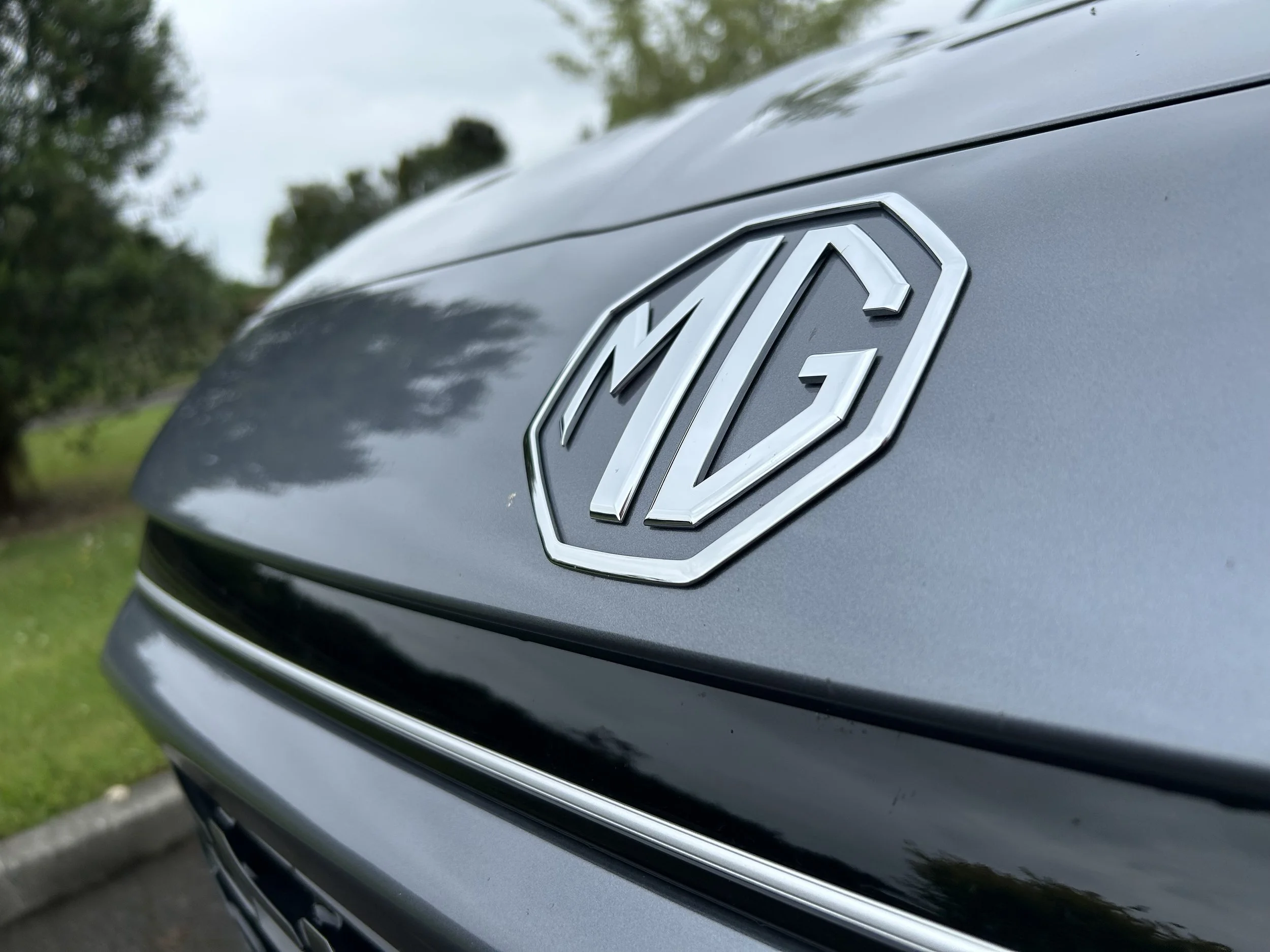Buying a car preferred to riding a bus
/
Used car sellers are reporting intriguing customer feedback.
driving seems preferable to riding a bus … or a train
COVID-19 concern is driving Kiwis into buying cars in preference to using public transport.
So claims a company providing shipping and transport logistics for at least one third of ex-Japan used vehicles.
Autohub New Zealand Ltd chief executive Frank Willett says anecdotal feedback from numerous used car dealers is that Covid-19 has created a client who prefers to own a vehicle rather than take a bus
“No-one’s quite sure whether it is fear or paranoia that is causing this, and whether it will continue – but it’s happening,” he says.
“And the trend looks to being confirmed by the public transport operators themselves, who are reporting low patronage right now,” says Willett, who also wonders if current low price of petrol is also contributing to this buying trend.
frank willett
The interest upswing is encouraging news for the country’s used vehicle dealers who – like their new vehicle counterparts – have been hit hard by the Covid-19 pandemic and lockdown.
Under normal circumstances up to 13,000 used cars are imported from Japan each month, their registrations roughly on par with the number of new vehicles that are registered here. Last year, for example, 154,863 new and 151,871 used vehicles were registered in New Zealand.
But then Covid-19 struck and New Zealand went into Level 4 lockdown, which has resulted in registrations of both new and used vehicles fall by more than three-quarters year-to -date to the end of April.
Adding to the crisis for the used car importers was the fact that many of them imported more vehicles than usual prior to a March 1 introduction of tougher government regulations that required all used imports to have electronic stability control.
Willett estimates that the number of used import orders prior to the March 1 deadline swelled by as much as 20 percent.
“There’s quite a bit of momentum involved in the used import business,” he says.
“The vehicles get purchased in Japan, then they go to export yards, then to shipside for loading, then they’re on the water to New Zealand. There’s about four to six weeks of momentum in this supply chain.
“When Covid-19 hit and we went into lockdown, we might have been able to turn the proverbial tap off here, but Japan didn’t. As a result, the supply chain continued to function.”
This in turn created problems with vehicle stockpiling and storage in New Zealand, because while ports were considered essential businesses and were able to unload the imported vehicles, the transport of the vehicles wasn’t. So they couldn’t be delivered to the end user.
This has eased since the country went to Level Two on May 13, but there are still a lot of vehicles still in storage, says Willett.
“At one stage our company alone had 2500 in storage. I’d estimate that the current total would be as many as 20,000 – that’s way in excess of normal.”
With Level Two the trade is back in business and seems to be working through pent-up demand.
“Our feedback has been that a lot of customers were happy to wait out the lockdown – but that as soon as they could go to a used car yard, they would.”
Even so, the used import industry is expecting the market to be subdued for most of the remainder of the year, says Willett. Contributing to it all will be market uncertainties that are normally associated with the lead-up to any general election.
Meanwhile, a foreign exchange specialist says the fluctuating value of the New Zealand Dollar against the volatile Japanese Yen has been causing financial headaches for businesses in the automotive sector.
Matt Spehr of Western Union Business Solutions says the Yen was already the most volatile of the major currencies for New Zealand importers before Covid-19 hit.
“Over the past 10 years it has moved 10 percent up or down on average every three months,” he says.
“However, the first quarter of 2020 has doubled that average, moving an incredible 20 percent from around 73 Yen for one New Zealand Dollar in January to below 60 JPY to 1 NZD at the end of the March. This has had a significant financial impact for most of our country’s car importers.”
Spehr says many car importers and dealers will try to reduce this impact to their profit margins by using forward contracts to lock in exchange rates for a few months in advance. This gives a business certainty about how many Yen it will get for the Dollar.


















